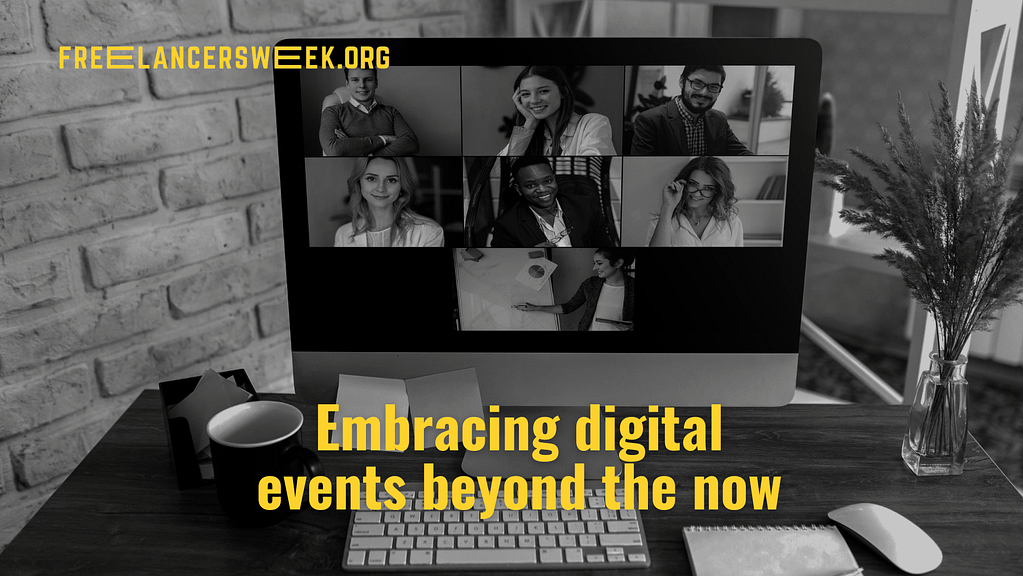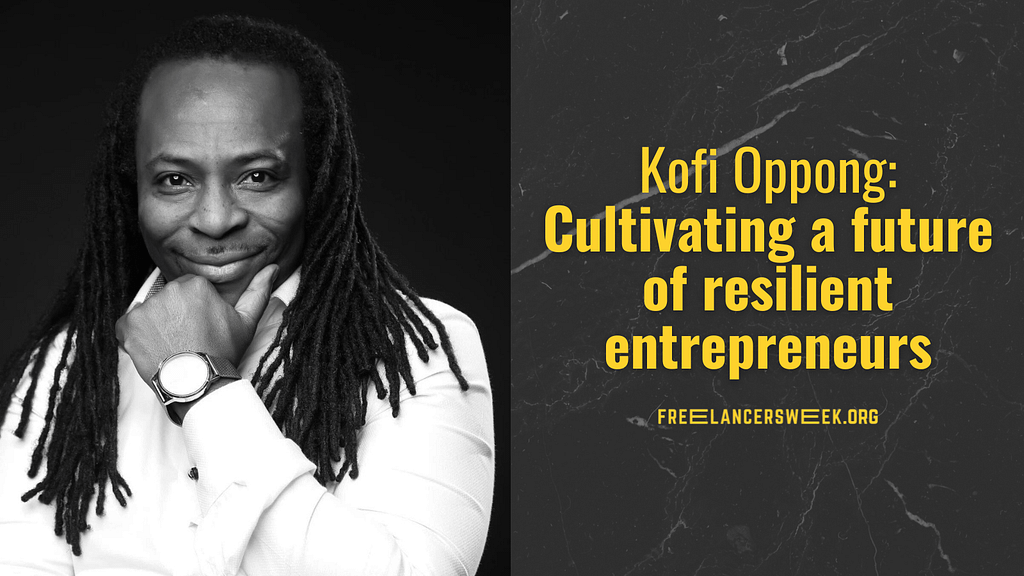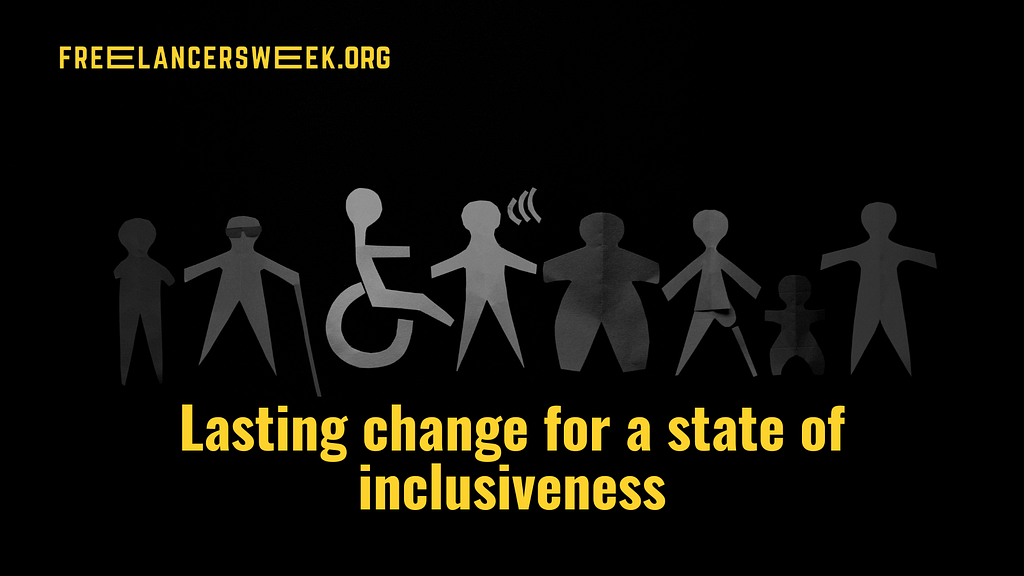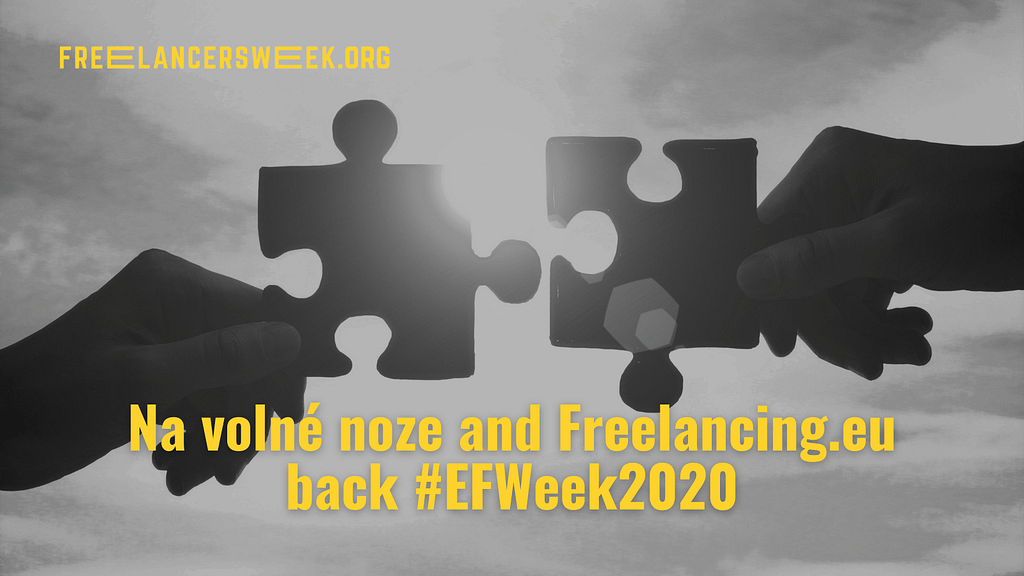Trigger warning: discussion of different types of harassment
As a freelancer, working in the gig economy can be both rewarding and challenging. Freelancers have the freedom to choose their work and schedule, but they also face unique challenges such as inconsistent income and a lack of job security. However, one often overlooked issue that freelancers face is harassment. Harassment can take many forms, including sexual harassment, discrimination, and bullying, and it can happen in any industry. European Freelancer’s Week is an event that advocates for the equal rights of freelancers in Europe. In this blog post, we will explore the different types of harassment that freelancers face in different industries and how to fix these issues to protect freelancers.
Types of harassment freelancers face
Sexual harassment
Sexual harassment is endemic in the workplace, regardless of the industry, and this is especially the case in creative fields, such as photography, planning, or design. In the creative industries 54% of self-employed and freelance women have experienced being sexually harassed at least once.
Individuals who have experienced sexual harassment or mistreatment in the workplace rarely report the incident. The most common reasons given for not reporting were fear of losing work or being ignored by authority figures. But this begs the question, are freelancers at higher risk? Are there any support structures in place to protect them from being taken advantage of?
Human resources departments generally only deal with people who are employed; for the self-employed, the only option is to go to an authority figure in the organisation or the police. However, reporting the incident sometimes doesn’t lead to any further action. When freelancers face sexual harassment they often have to make a choice, continue working on the project to earn a living or report it, and risk losing their client.
Discrimination
Discrimination is another form of harassment that freelancers may face. Discrimination can occur based on gender, race, ethnicity, religion, sexual orientation, or any other protected characteristic. Freelancers who experience discrimination may be excluded from job opportunities or denied fair compensation based on their identity. Discrimination can happen in any industry, but it is especially prevalent in industries such as technology and finance. Discrimination can lead to a lack of diversity in the workforce and can harm freelancers’ mental health and self-esteem.
Bullying
It is easy to consider bullying as something that only happens in schools, however, bullying can happen in any industry and can impact full contract workers and freelancers. Bullying is behaviour that is intimidating, threatening, or harmful. It can take many forms, including verbal abuse, physical violence, or exclusion from work-related events. Freelancers who experience bullying may suffer from mental health issues such as anxiety and depression, and it may even affect their work performance. Bullying can happen in any industry, but it is again prevalent in industries such as creative arts, where competition is high.
Online harassment
When delving into industries that require a high online presence, such as journalism or some of the creative industries, freelancers are subject to online harassment as well. In the case of journalism, freelance journalists who have experienced online harassment from radical groups, either movements or government organisations, do not have clear steps in place to protect them from online abuse. Full-time workers who are employed in the media field, have clear steps in place when they receive online harassment from writing about controversial topics, but freelancers can find themselves in more vulnerable positions.
The result of this vulnerability and lack of protection is that freelancers sometimes do not speak about the online harassment they face out of fear. Freelancers who do not have a lot of experience, fear losing their work as if they report the online harassment they may be seen as being “difficult” to work with and risk losing job opportunities or an important client.
How to Fix the Issues and Protect Freelancers
Education and awareness
Education and awareness are the first steps in addressing harassment issues in the freelance industry. Freelancers need to know their rights and understand what constitutes harassment. Employers and clients also need to be aware of their responsibilities and the consequences of their actions. European Freelancer’s Week can play a crucial role in educating freelancers about their rights and providing resources for reporting harassment.
Reporting mechanisms
Freelancers need access to reporting mechanisms that are safe, confidential, and effective. Freelancers may be reluctant to report harassment due to fear of retaliation, loss of work, or a lack of trust in the system. Therefore, it is essential to have reporting mechanisms that protect the privacy of the freelancer and provide them with support throughout the process. The process of reporting harassment should be transparent, and the person reporting should be informed of the steps being taken to address the issue.
Industry standards and regulations
Industry standards and regulations can help protect freelancers from harassment. These standards should include clear guidelines on what constitutes harassment, what the consequences are, and how to report it. Employers and clients who violate these standards should face consequences, including fines, loss of work, or legal action. European Freelancer Week can advocate for these standards and work with industry leaders to implement them.
Training and support
Training and support are essential in preventing harassment in the freelance industry. Freelancers should be trained on how to recognise and prevent harassment, and employers and clients should be trained on how to prevent it and respond appropriately. Support should also be available for freelancers who have experienced harassment, including counselling and legal services.
Harassment is a significant problem that freelancers face in Europe. It can take many forms, including sexual harassment, discrimination, and bullying, and it can happen in any industry. Education and awareness, reporting mechanisms, industry standards and regulations, and training and support are all essential components of protecting freelancers from harassment. European Freelancer Week can play a crucial role in advocating for these components, by creating an ecosystem that seeks to support freelancers, and working towards creating a safer and more equitable freelance industry for all.
One of the challenges in addressing harassment of freelancers is the lack of a clear employer-employee relationship. Freelancers work for multiple clients or may have short-term projects, making it difficult to establish a clear reporting structure or hold employers accountable. However, this does not mean that freelancers should be left without protections. Freelancers should be entitled to the same rights and protections as any other worker, and employers and clients should be held responsible for their actions towards freelancers.
It is also essential to recognise that some freelancers may be more vulnerable to harassment than others. Freelancers who belong to marginalised groups, such as women, people of colour, and LGBTQ+ individuals, may face more significant barriers to reporting and accessing support. It is crucial to take an intersectional approach to addressing harassment, recognising that freelancers may face multiple forms of discrimination and that these issues are interconnected.
Another challenge in addressing harassment in the freelance industry is the global nature of freelancing. Freelancers may work for clients in different countries or may work remotely, making it difficult to apply regulations and standards across borders. However, this does not mean that we should give up on creating a safer freelance industry. It is possible to work towards creating global standards and regulations that protect freelancers, and organisations can, and should, play a role in advocating for these standards.
In addition to addressing harassment, it is also important to work towards creating a more supportive and equitable freelance industry overall. Freelancers should have access to fair pay, benefits, and job security, just like any other worker. Freelancers should also have access to professional development opportunities and networking events to help them grow their careers and connect with other freelancers.
Harassment is a serious issue that freelancers face in Europe and beyond. It can have significant consequences on freelancers’ mental health and overall wellbeing and can harm the freelance industry’s diversity and growth. However, there are steps that we can take to address harassment and create a safer and more equitable freelance industry. Education and awareness, reporting mechanisms, industry standards and regulations, training and support, and creating a more supportive freelance industry are all essential components of this effort. As freelancers and industry leaders, we have a responsibility to work towards creating a better and safer freelance industry for all.





